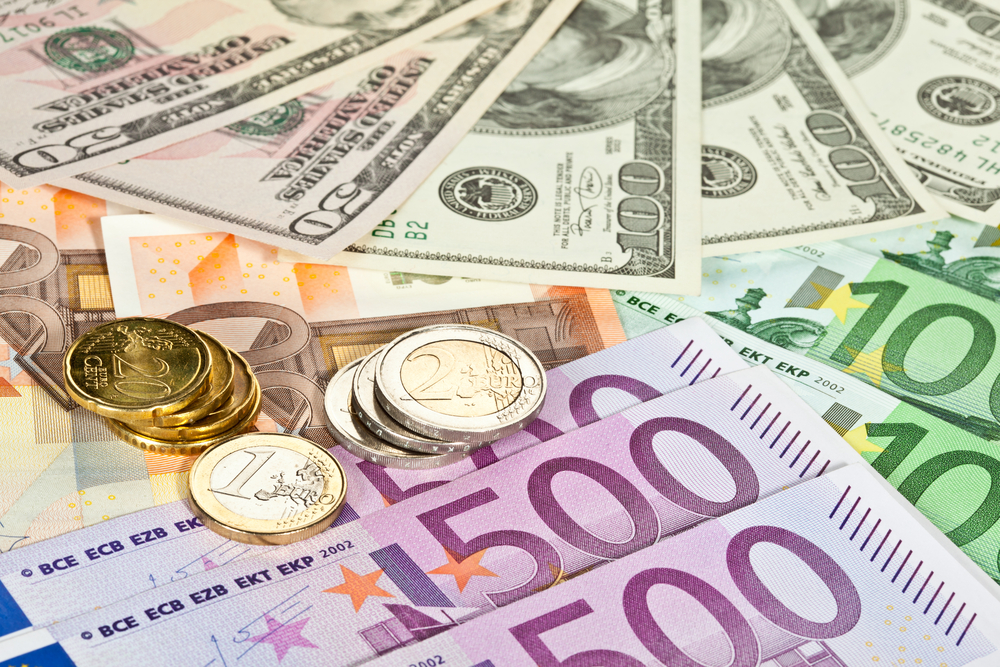Rotterdam police help intercept global crypto investing scam

Police in Rotterdam have helped intercept a so-called “pig butchering” scam, in which fraudsters target victims through dating or social media websites before draining their savings.
The international collaboration, known as Operation Spincaster, identified 186 victims in the Netherlands as well as targets in the US, UK, Australia, Canada and Spain.
Law enforcement agencies worked with Chainanalysis, a blockchain data platform, and 17 cryptocurrency exchanges to gather evidence, close accounts, seize assets and identify more than $162 million (€149 million) obtained by fraudsters.
In one case a Dutch “investor” was stopped just as he was about to lose €65,000 from his crypto account, the Telegraaf reported.
“Pig butchering” scams, also known as approval phishing, work by encouraging victims to authorise the transfer of large sums of money, supposedly to invest in cryptocurrency.
The technique originated in China and went worldwide during the coronavirus pandemic, according to online investigative website Propublica, with criminal gangs employing human trafficking victims in boiler rooms to operate the scam.
Relationship of trust
Fraudsters make contact with their targets on social media or dating sites and build up a relationship of trust, sometimes over months, before offering to let them into a investing scheme.
They start by inviting the victim to transfer a small amount, such as €500, into a cryptocurrency account, then repaying a larger sum to “demonstrate” the potential gains.
But when making the initial transfer the victim is asked to sign an “approval document” authorising the transfer of funds from their crypto account, allowing the fraudster to make off with their savings.
“If a victim then puts the rest of their savings into the crypto account, the approval document can be very damaging,” Jesse Brobbel of Rotterdam police told NOS Radio 1 Journaal. “They will have a hard time seeing that money ever again.”
Ruben van Well, of the city’s cybercrime team, said victims were often young people who were seduced by the prospect of finding love online or getting rich quickly, or both.
“Criminals exploit the fear of losing the money invested to get victims to invest even more money quickly,” he said. “We see damages running into the millions, with people taking out extra mortgages and loans. The victims often end up losing everything they have.”
Thank you for donating to DutchNews.nl.
We could not provide the Dutch News service, and keep it free of charge, without the generous support of our readers. Your donations allow us to report on issues you tell us matter, and provide you with a summary of the most important Dutch news each day.
Make a donation